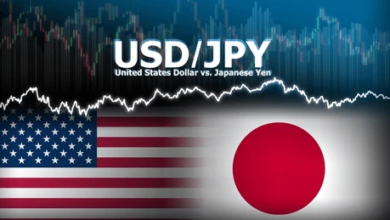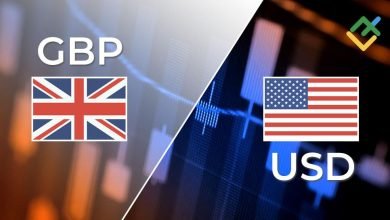
- USD/CAD could increase further due to fresh tariffs from US President Donald Trump.
- The latest FOMC Meeting Minutes emphasized needing more time to assess multiple factors before considering any rate adjustments.
- The Bank of Canada may rethink its approach to policy easing after January’s inflation data indicated an upward trend.
USD/CAD remains steady after two successive days of gains, trading around 1.4230 during the Asian hours on Thursday. The upside of the pair is attributed to concerns over tariffs from US President Donald Trump, who has confirmed that a 25% tariff on pharmaceutical and semiconductor imports will take effect in April. Additionally, Trump reaffirmed that auto tariffs will remain at 25%, further escalating global trade tensions.
Market participants are now focused on key US economic data, including weekly Initial Jobless Claims, the CB Leading Economic Index, and the Philly Fed Manufacturing Index, set to be released during the North American session.
The Federal Open Market Committee (FOMC) Meeting Minutes for January’s policy meeting, published on Wednesday, reaffirmed the decision to keep interest rates unchanged in January. Policymakers emphasized the need for more time to assess economic activity, labor market trends, and inflation before considering any rate adjustments. The committee also agreed that clear signs of declining inflation are necessary before implementing rate cuts.
The Bank of Canada (BoC) may reconsider easing policy after January’s inflation data showed an uptick, data showed on Tuesday. Canada’s headline CPI inflation rose to 1.9% year-over-year, aligning with forecasts and increasing from the previous 1.8%. Meanwhile, core BoC CPI inflation accelerated to 2.1% YoY, up from 1.8%, marking its fastest pace in nearly a year.
Following the CPI release, market expectations for a 25-basis-point rate cut at the BoC’s March 12 policy meeting dropped to below 30%. “There is too much underlying inflationary pressure in Canada to warrant an inflation-targeting central bank easing monetary policy further,” wrote Scotiabank’s Derek Holt.





